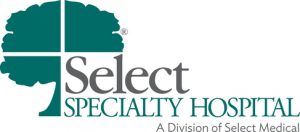Join fellow healthcare leaders and colleagues for an evening dedicated to fostering connections while promoting a healthy and balanced lifestyle for National Wellness Month this August at Federal Galley on Thursday, August 22nd, from 5:30pm to 7:30pm! August is the perfect time to prioritize self-care, manage stress, and develop healthy routines to promote overall well-being.
ACHE Western PA’s DE&I Committee is sponsoring this networking event, and appetizers will complement a cash bar.
Date: Thursday, August 22, 2024
Time: 5:30 PM – 7:30 PM EST
Virtual: Federal Galley – 200 Children’s Way, Pittsburgh, PA 15212
ACHE of Western PA is committed to fostering and maintaining an environment where equity, diversity, inclusion, and justice (EDIJ) are fully integrated into everything we do for the benefit of our colleagues and the communities we serve. We welcome individuals from all communities and backgrounds to participate in our events and join ACHE of Western PA.



